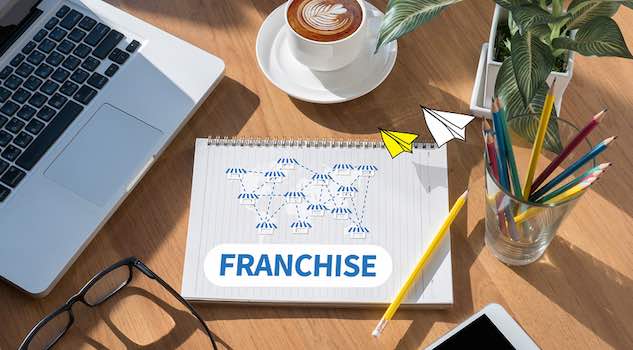If you’re thinking about ways to grow your business, if you’re stuck in a business rut, or if going into business hasn’t quite worked out the way you planned, perhaps converting your business to a franchise could be an option worth exploring.
What does a franchise conversion actually look like? Well, it’s when an independent business decides to rebrand itself and convert its operations and name to that of a franchise system in the same industry.
Why would you do this? Some are looking for ways to be less hands-on and better supported, while others want to find a path to faster growth or give a much-needed boost to a struggling business. A conversion is an interesting way to move into the franchise space because the business owner is already very familiar with the industry and there is less ‘ramp up’ time because the business is already generating cashflow in most cases.
Here are four questions to ask yourself if you’re considering converting your business to a franchise:
- Could you I use the support?
One of the main benefits of joining a franchise network is the support provided by the franchisor. If this is something you feel you’re really lacking as a business owner, then a conversion could be worth exploring further. As a franchisee, “head office” will take care of many of the crucial tasks involved with running a business so that you can focus on your strongest skills and the work you enjoy the most. There is usually also a shared marketing fund used to drive brand development and growth. Plus, for those business owners who have struggled to put systems in place, as a franchisee you are given the keys to an operating system that’s been tested over time by many operators before you. - Could the “new normal” affect my business in the future (and am I prepared for that)?
If you managed your business through 2020, you would now have a sense of whether responding to these events was within you comfort zone and skills matrix. It’s likely that the “new normal” of doing business and unplanned interruptions will expected at some level. If you have a franchisor behind you, you know you’ll have support during these situations. The franchisor can assist with the required response, technology, marketing, operational protocols, regulation compliance and crisis management plans for these situations, which could be a big help, depending on your experience, previous success and comfort level with managing these scenarios. - Have I crunched the numbers?
You need to be confident that the increased projected revenue, cost savings or profitability associated with being a franchisee will more than offset the fees and costs involved with undertaking the franchise conversion. The only way to know this for sure is to do your homework, ask for full cost breakdowns from the franchisor and crunch the numbers until you’re content. - Is the franchise model right for me?
You also need to feel comfortable being part of a bigger team and not default to a “set in my ways” position. While individual franchisees still have a good amount of control over the way their business is run, the strength of the franchise model relies on service and brand consistency across the entire network and that does mean adhering to certain protocols, strategies and ways of operating.
If you are considering converting to a franchise then take the time to carefully weigh up the pros and cons. Evaluate the current position of your business, the costs and your personal preference as part of the decision-making process to ensure the choice you make is the right one for you and the future profitability of your business.














